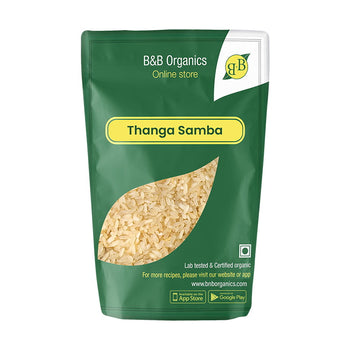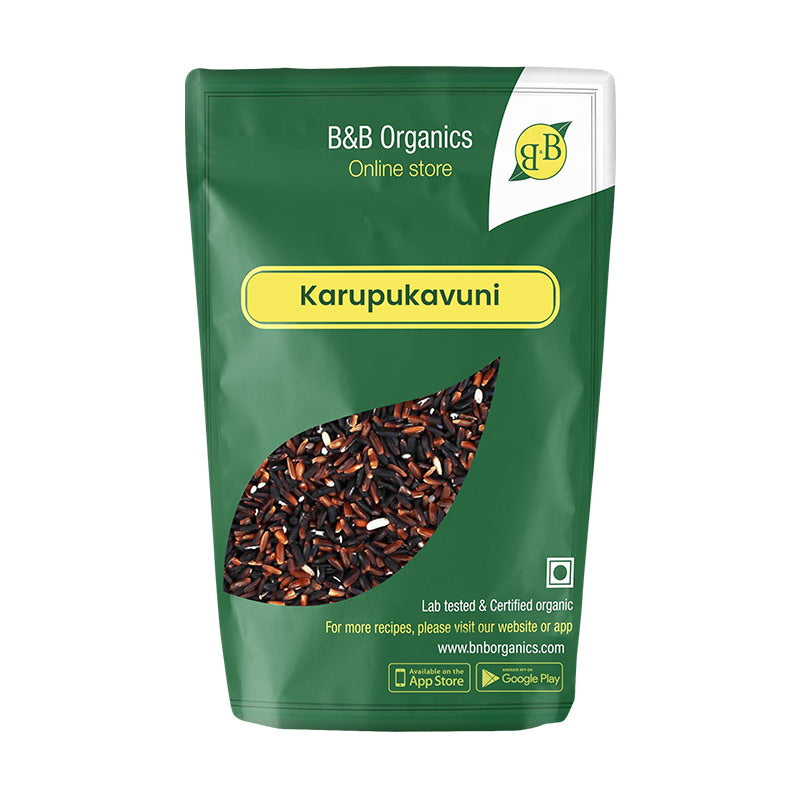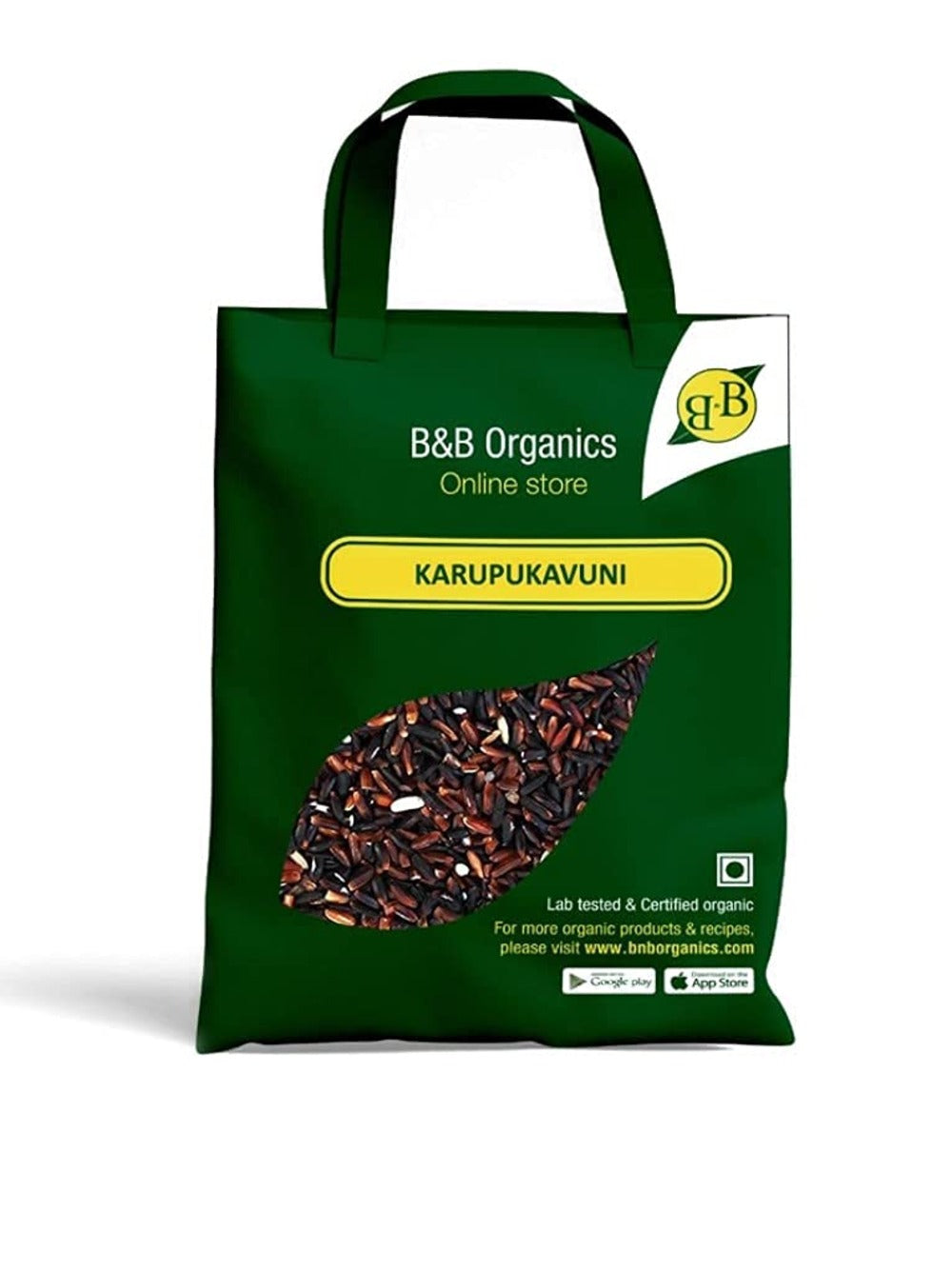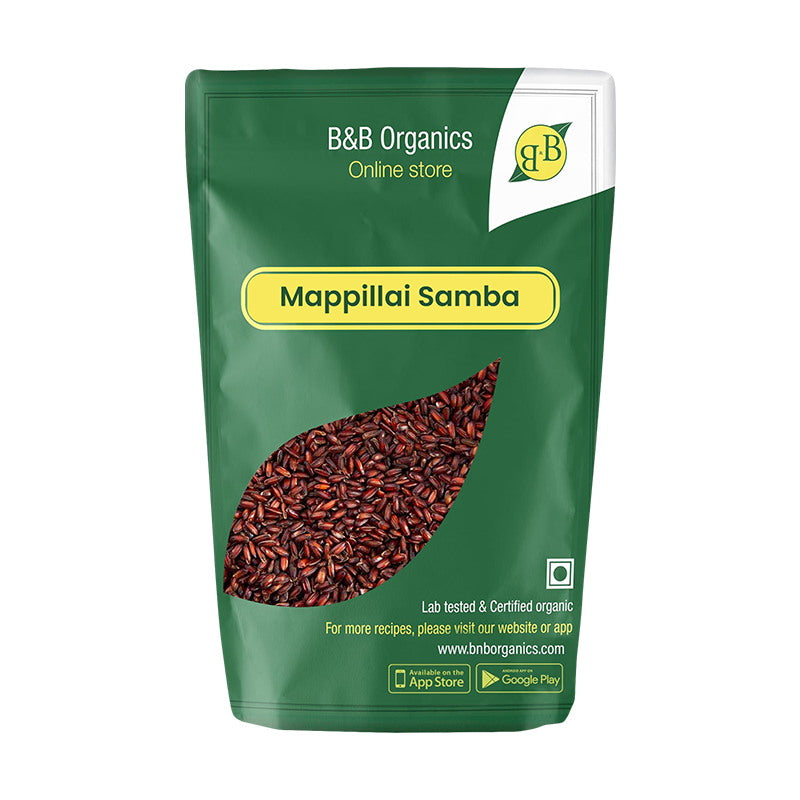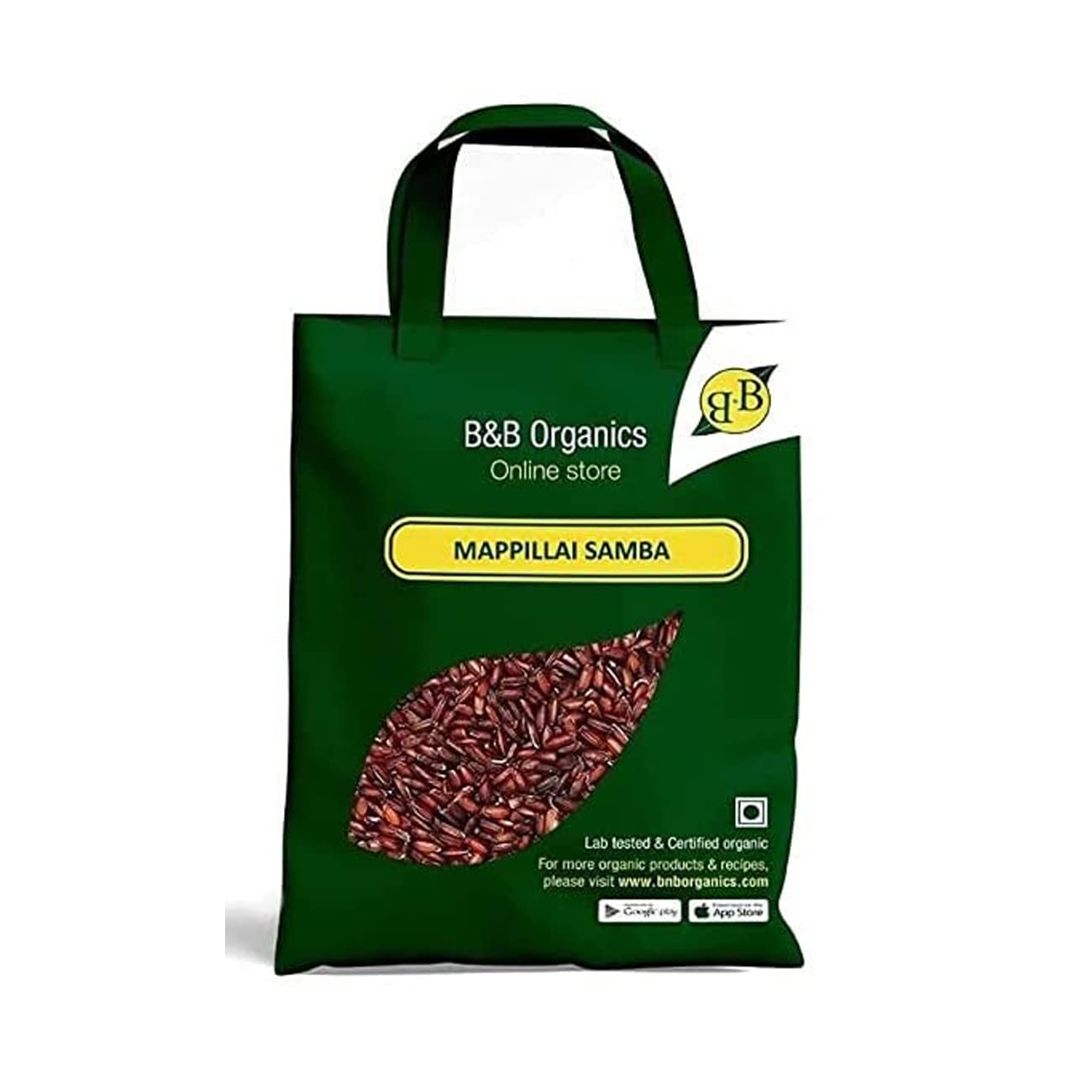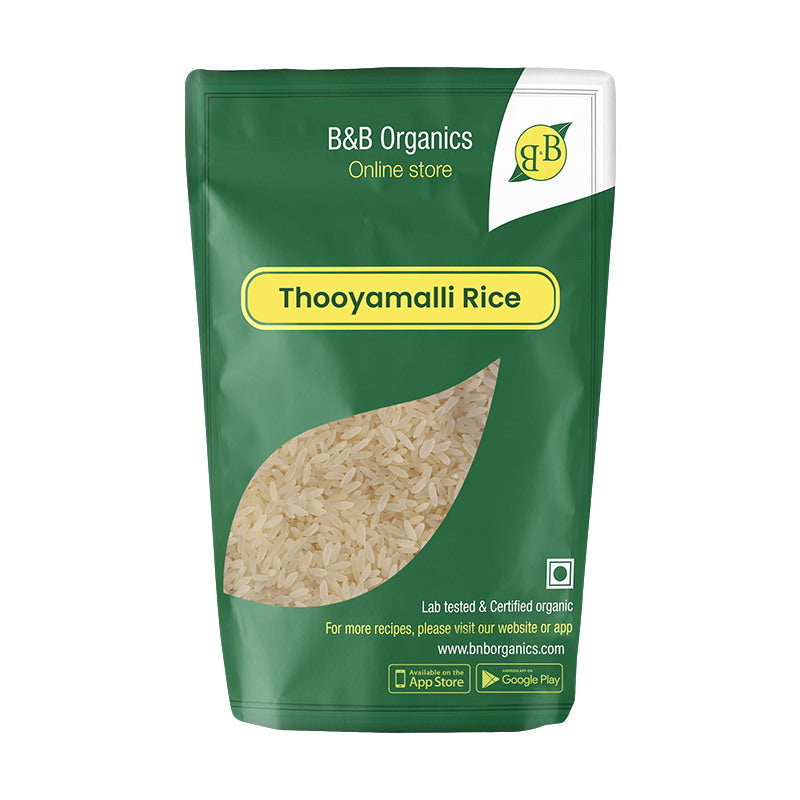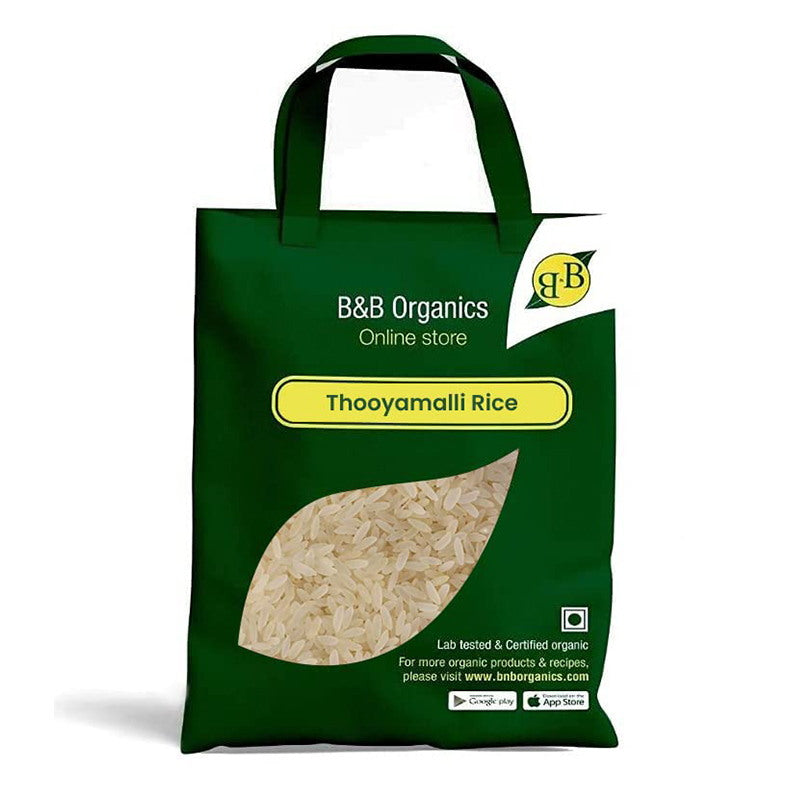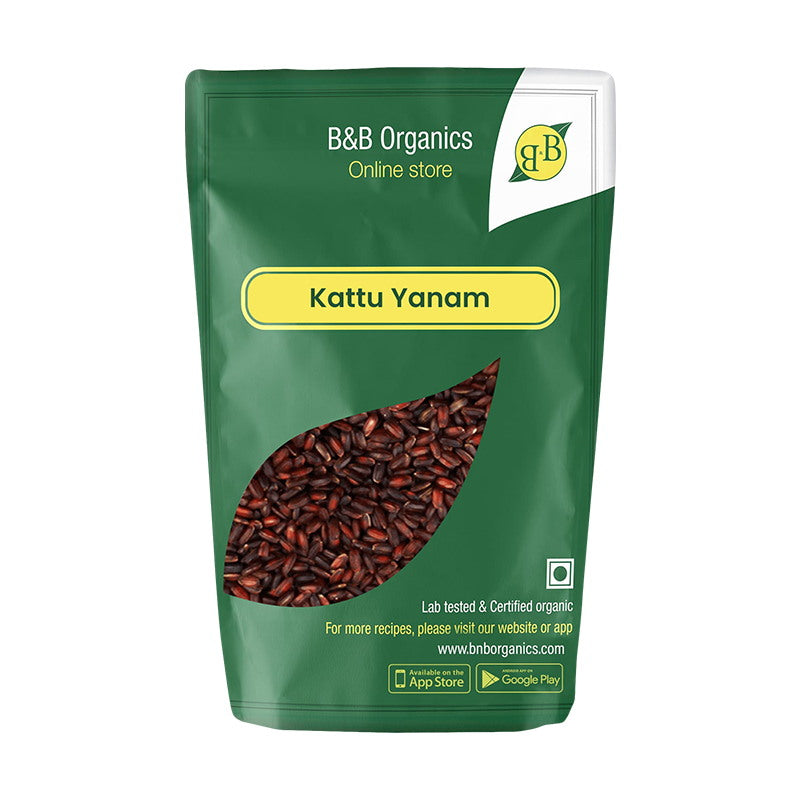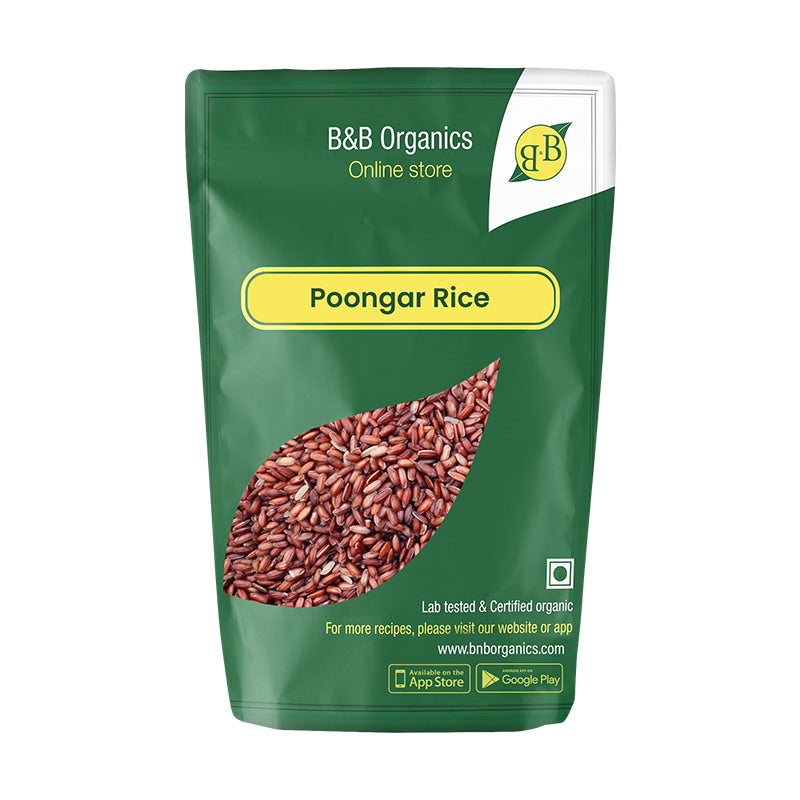Thanga Samba rice, also known as Thanjavur Parboiled Rice or simply Samba rice, holds a rich history deeply rooted in the southern region of India, particularly in Tamil Nadu. This unique variety of rice has been cultivated for centuries and is celebrated for its distinct flavor, aroma, and nutritional value.
The origins of Thanga Samba rice can be traced back to the Thanjavur region of

Tamil Nadu, which is renowned for its fertile lands and ancient agricultural practices. The cultivation of this rice variety flourished in the Kaveri River basin, where the combination of fertile soil, abundant water resources, and favorable climatic conditions created an ideal environment for rice cultivation.
Historically, Thanga Samba rice was cultivated by farmers using traditional methods that emphasized sustainable agriculture. The cultivation process involved intricate water management techniques, such as the construction of canals and channels to ensure optimal irrigation. The rice was typically grown as part of a diversified cropping system that included other crops like pulses and millets, promoting biodiversity and ecological balance.
Thanga Samba rice gained prominence during the reign of the Chola dynasty, which ruled over the region from the 9th to the 13th century. The Cholas recognized the value of this rice variety and encouraged its cultivation, considering it a staple food for their subjects. They also played a crucial role in

establishing the irrigation infrastructure necessary for its cultivation, further enhancing its popularity and production.
Over the years, Thanga Samba rice became an integral part of Tamil Nadu's culinary heritage. It became synonymous with festive occasions, religious rituals, and traditional feasts. Its unique taste and texture made it a favorite among the local population, and it became a symbol of cultural identity and pride.
In recent times, the cultivation of Thanga Samba rice faced challenges due to various factors, including the introduction of high-yielding hybrid rice varieties and changing agricultural practices. However, there has been a renewed interest in preserving and promoting this heritage rice variety due to its exceptional taste, nutritional benefits, and cultural significance.
Efforts are underway to revive and sustain the cultivation of Thanga Samba rice. Farmers, agricultural experts, and organizations are working together to promote organic farming practices, conserve traditional seeds, and create awareness about the importance of preserving this valuable heritage crop. These initiatives aim to ensure the continuity of Thanga Samba rice cultivation and its availability for future generations.
Today, Thanga Samba rice stands as a testament to the rich agricultural heritage of Tamil Nadu. Its history and cultural significance serve as a reminder of the deep connection between food, tradition, and the land. The preservation and promotion of this heritage rice variety contribute not only to the culinary landscape but also to the preservation of cultural identity and sustainable agriculture practices.



